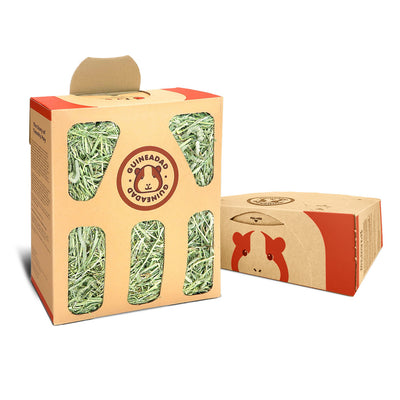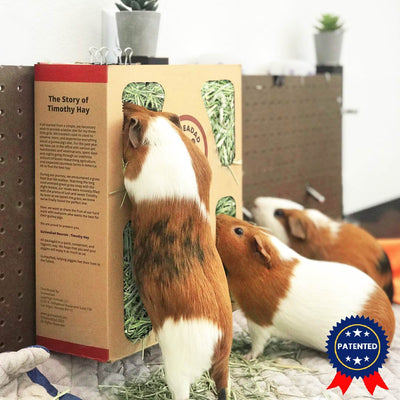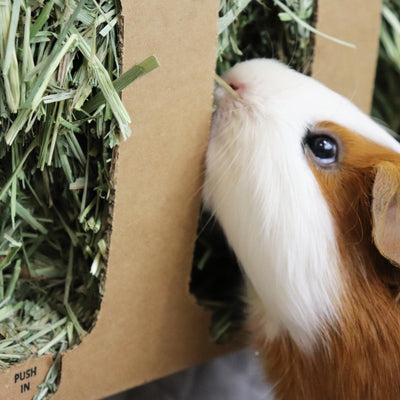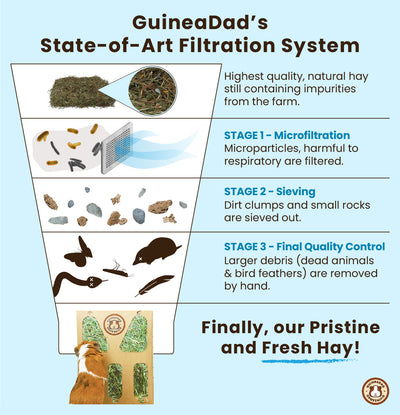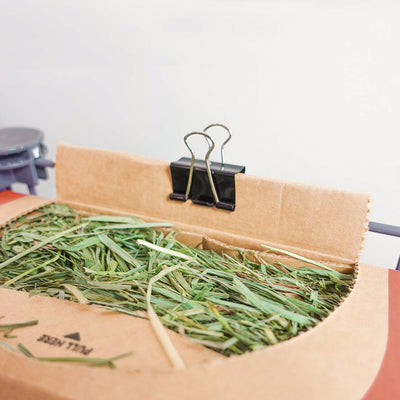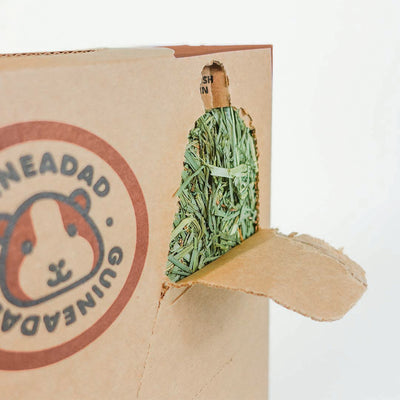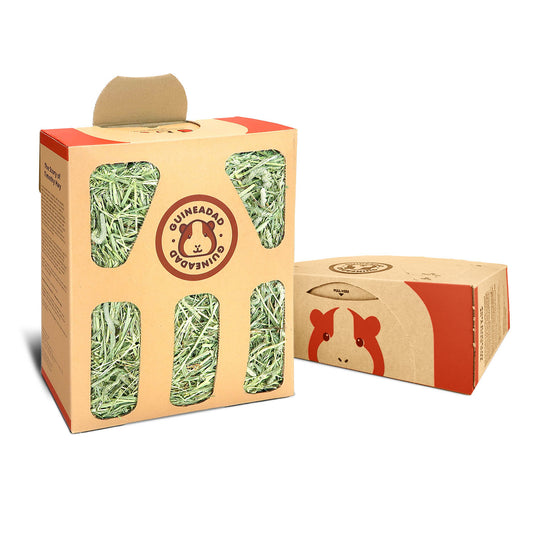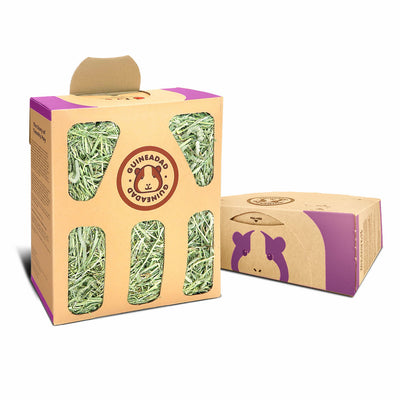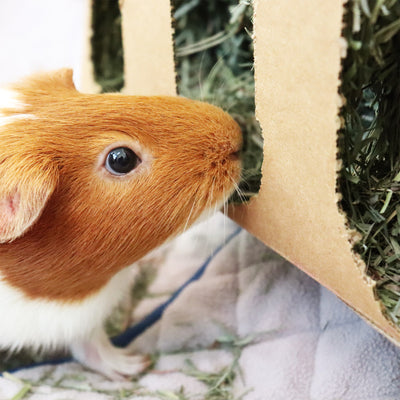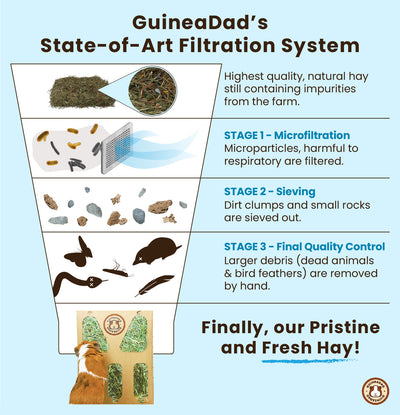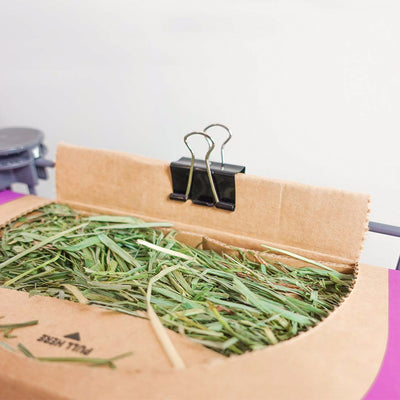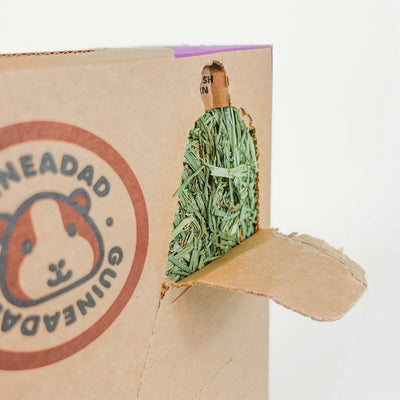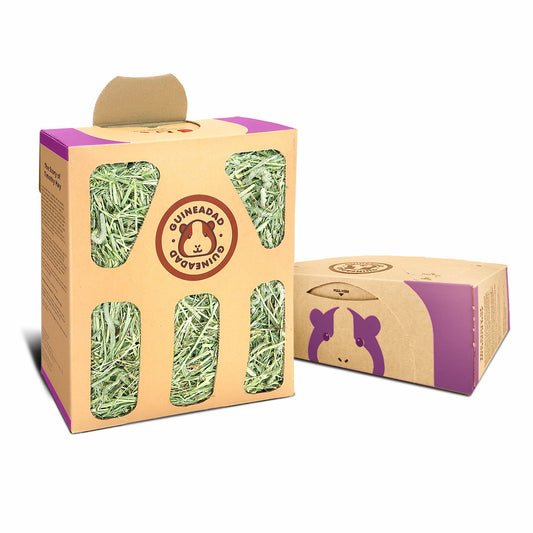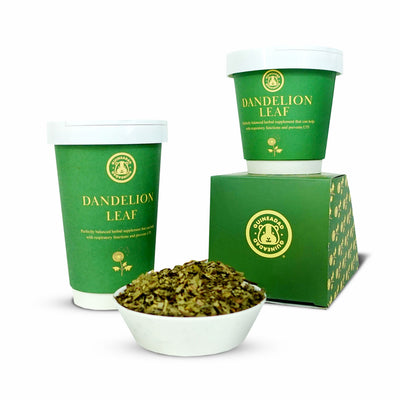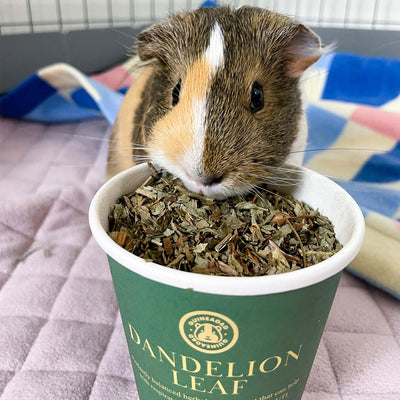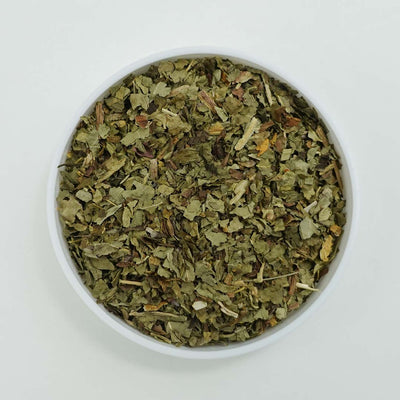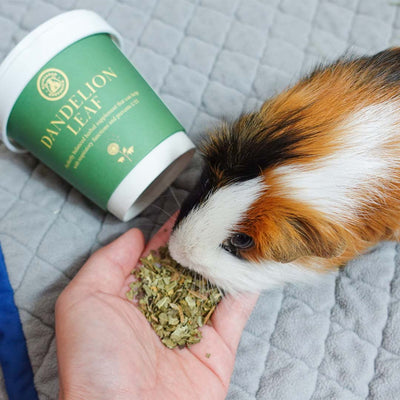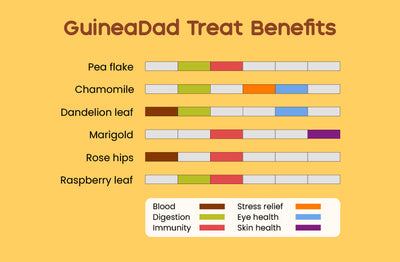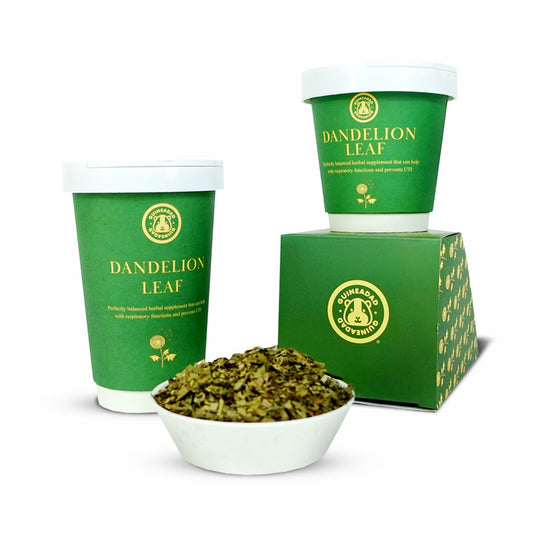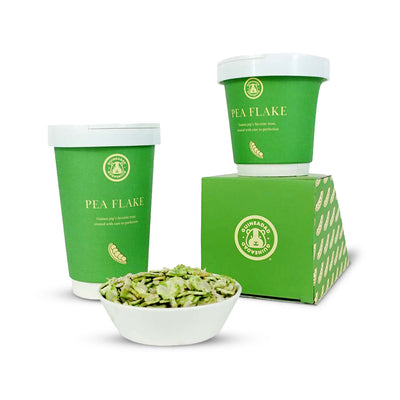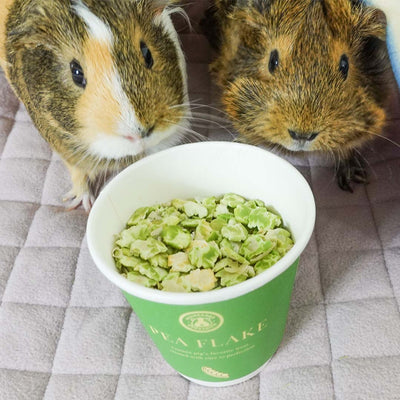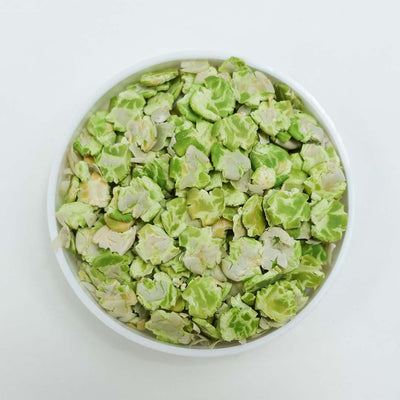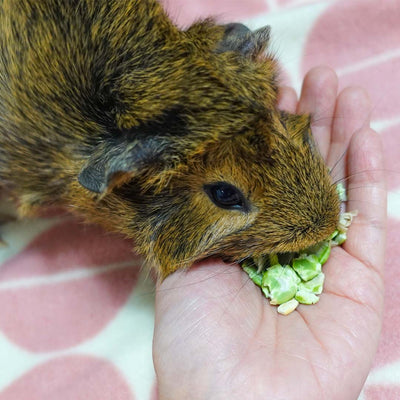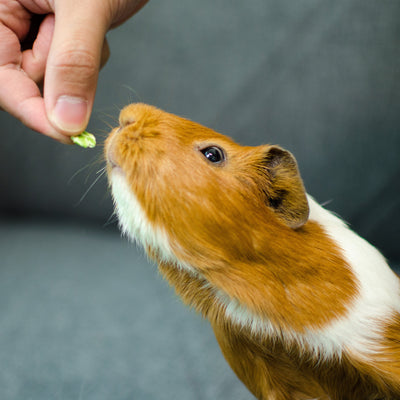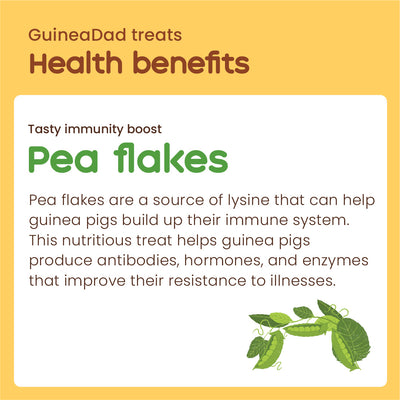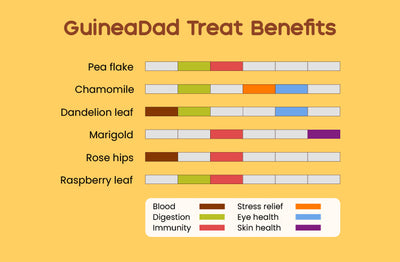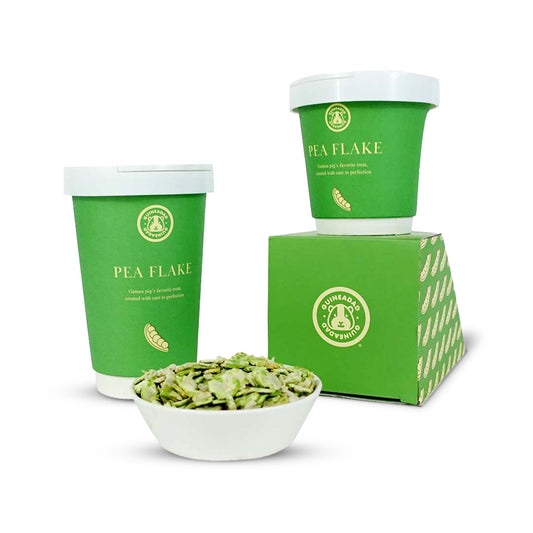While technically, guinea pigs can eat limes, the matter of whether they should comes into question. Similar to lemons, limes are high in acid, which can be harmful to your guinea pig when consumed in excess. It’s important to learn about what makes something like limes unideal for your piggy to consume.
We've also got a Fruit Master List that lists common fruits that your piggy can and can't eat!
What vitamins and other nutrients do limes contain?
Vitamin C
This is necessary for growth, development, and repair of your guinea pig’s body tissues! Tissue repair is one of the more important functions of the body, as they need to be able to heal themselves whether it’s a wound in their skin, or a different body tissue that needs healing. It also helps maintain their immune system and aids in fighting off illnesses, as well as infections that they are prone to.
These same infections often lead to guinea pigs procuring secondary infections, which weakens their body even more due to the fact that they have to work harder to recover. In order to prevent their body from becoming overwhelmed by infection, we want to make sure that these are prevented from happening in the first place! There is 29.1 mg in 100 g of lime.
Calcium
Guinea pigs need calcium to build and maintain strong bones! Some guinea pigs will require more or less calcium, depending on their age, sex, and any other health issues that they may have. For example, older guinea pigs need more calcium in order to maintain the strength of their bones as they age! This is so they can continue to stay active and continue to be healthy.
Their heart, muscles, and nerves also need it in order to function properly. It’s especially vital for nerves to be healthy and functioning, as they (and nerve signals) are responsible for commanding different body functions to be carried out. These functions include things that aren’t voluntary, such as breathing or allocation of energy. There is 33 mg in 100 g of lime.
Phosphorus
Its main function is in the formation of bones and teeth alongside calcium! Strong bones and teeth are vital for overall health, so we want to ensure that guinea pigs have a foundation of strong bones in the first place when they’re first formed! It’s also important for helping the body properly use carbohydrates and fats.
Keep in mind that guinea pigs should have a diet that is as low in fat as possible, if not 100% fat-free. Energy from carbohydrates also needs to be properly allocated throughout the body for the various processes as well. There is 18 mg in 100 g of lime. The Ca:P (calcium to phosphorus ratio) is 1.8:1, which is quite high, considering the ideal ratio is 1.33:1.

What other benefits do limes provide for your guinea pig?
There are some benefits of consuming limes for your guinea pigs, but you should keep in mind that they can get these same benefits from other foods as well without the high acidity. Limes can help with maintaining good digestion from the fiber that it contains. They also have antioxidants that can protect your guinea pig’s cells from free radicals, which are harmful and can contribute to developing several different diseases. Limes are also high in Vitamin C, which can help in preventing scurvy.
What are the downsides about limes for guinea pigs?
The downsides are quite similar to that of lemons. The high amount of acid can cause mouth sores, issues with their teeth, and stomach problems.
When your guinea pig has mouth sores, it will make it painful and uncomfortable for your guinea pig to eat. It’s also important to note that just like in humans, citrus can affect the enamel of your piggy’s teeth. The acid in limes can also mess with the lining of your guinea pig’s stomach, which will cause some discomfort for your piggy as well.
Guinea pigs can technically eat limes, but do they like it?
Just like with lemons, guinea pigs don’t really like limes because they’re sour!

Overall, you really shouldn't feed your guinea pig limes!
There are so many other foods that your piggy can eat and enjoy with the same nutritional benefits, without the discomfort. Guinea pigs need around one cup of fruits and vegetables a day in addition to their usual hay and pellets—variety is important to meet their nutritional needs, and luckily, you can meet those needs without limes!
What else can guinea pigs eat?
Check out our Fruit Master List for quick facts on common fruits that your guinea pig can and can't eat.









